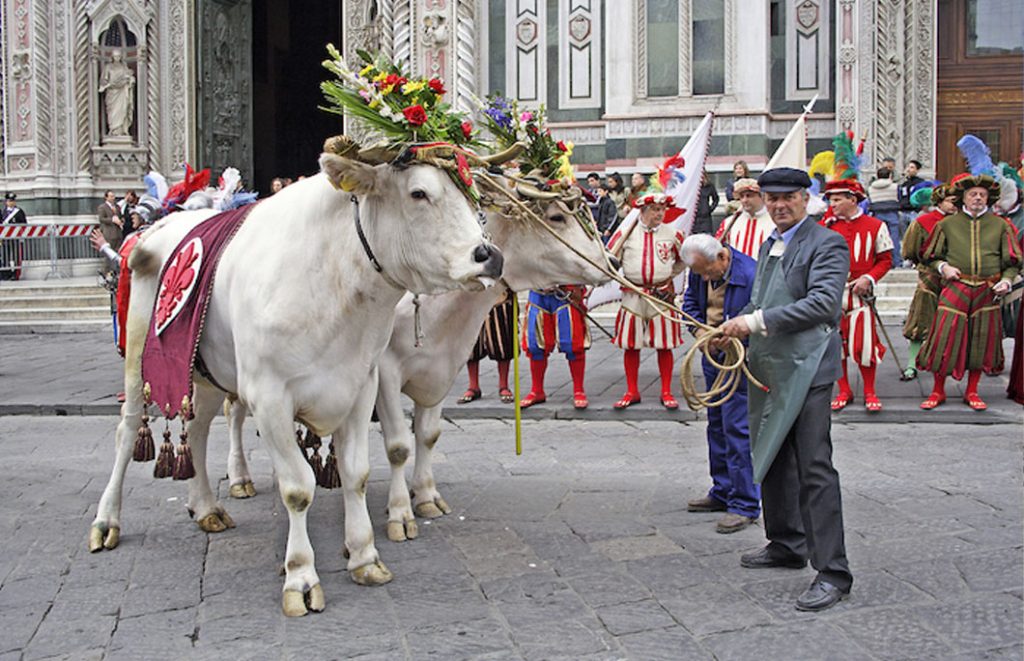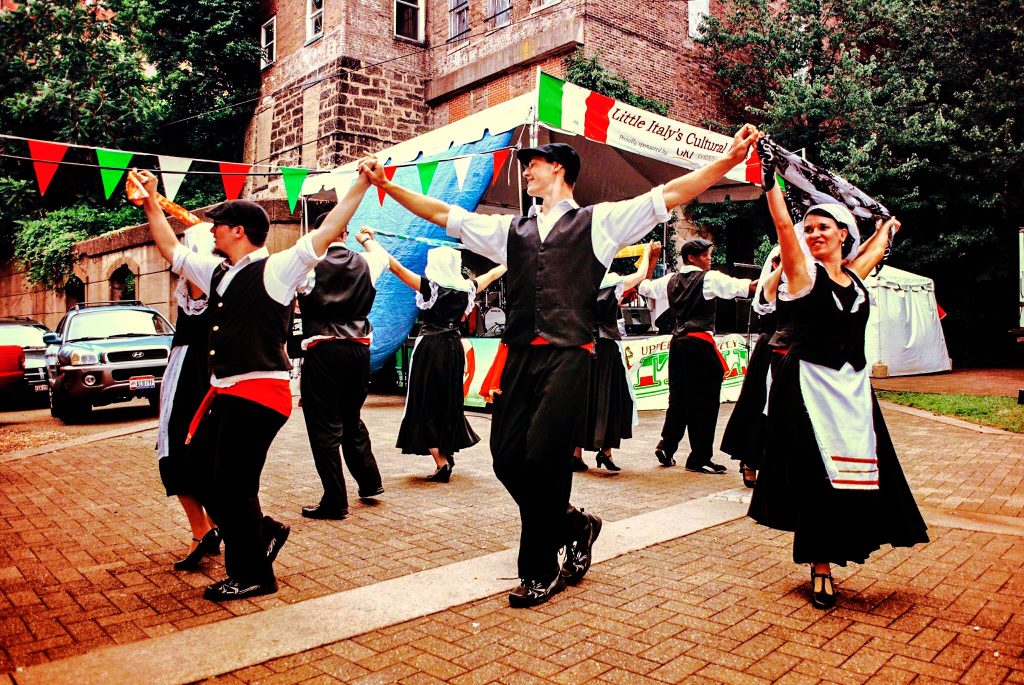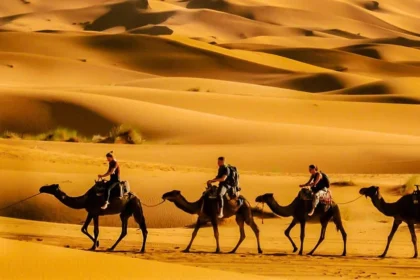Italy is a country full of traditions and is well-known for its vivacious culture and extensive history. Italian traditions and festivals are distinctive among these customs since they are colorful representations of the nation’s history. Every event, whether religious or cultural, provides an insight into Italy’s rich fabric of traditions and customs. We’ll dig into the fascinating realm of Italian festivals in this post, examining their significance and the distinctive customs that surround them.
The Spirit of Italian Holidays
Italian holidays are much more than just times to celebrate; they are a vital part of the nation’s social life. These celebrations pay honor to Italy’s rich cultural legacy, preserve customs, and promote a sense of community. Italian festivals, whether held in historic cities or charming small towns, are known for their vibrant parades, exciting processions, music, dance, and, of course, delicious food.

Festivals of Religion
Pasqual (Easter)
In Italy, Easter is a religious and cultural holiday that commemorates the resurrection of Jesus Christ. While there are regional differences in Italian traditions and Easter customs, general practices include going to Mass, participating in processions, and having joyous dinners with loved ones. Extensive processions, like the “Scorpio del Caro” (Explosion of the Cart), enhance the grandeur of the festivities in towns like Florence and Rome.
Christmastime (Natale)
Italy celebrates Christmas as a happy time with considerable fervor. The festive mood permeates everything, from the grandiose nativity scenes on display in churches and piazzas to the lavish decorations adorning city streets. On Christmas Eve, or “La VI gilia,” families get together for sumptuous dinners where classic fare like panettone and shrimp pasta take center stage. Christmas Day begins with midnight mass and is marked by additional feasting and gift-giving, embodying the spirit of Italian traditions.
Festivals of Culture
The Carnival of Venice, or Carnevale di Venezia
The intricate masks, colorful costumes, and lavish masquerade parties define the world-famous Italian traditions of the Venice Carnival. This festival, which dates back to the 12th century, draws people from all over the world to Venice to take part in the celebrations. The city comes alive with color and song as parades, street performances, and masked balls create an air of mystery and intrigue.
Paleo di Siena, or Siena Paleo
Twice a year, the famous horse race known as the Italian Traditions Siena Paleo takes place in the charming city of Siena. This highly intense race, which dates back to the 17th century, has ten of Siena’s neighborhoods, or contrives, competing against one another around the Piazza del Campo. The Paleo, which has months of planning and spectacle building up to the main event, is more than just a horse race; it’s a symbol of Italian traditions, city pride, and identity.

Harvest Celebrations
Harvest of Grapes (Endemial)
Italy celebrates the grape harvest with great fervor, especially in the wine-producing areas of Piedmont, Veneto, and Tuscany. A time of celebration when vineyards come alive with activity is known as the Italian Traditions Endemial, or grape harvest festival. In the middle of the vineyards, guests can take part in wine tastings, grape-picking excursions, and traditional feasts. All of the participants will remember the celebrations because of the music, dancing, and general good times that are included.
Oil Harvest (Oil Harvest Festival)
In Italy, where olive oil is not just a staple in cooking but also a symbol of the country’s culture, the olive harvest is particularly significant. Communities gather to gather olives and crush them into aromatic oil at the Italian Traditions Saga dell’ Oliva, or olive harvest festival. Feasts with food made with recently picked olives and olive oil are held after customary rituals, such as blessing the first batch of oil.
Read more about Baking Happiness: Lovingly Making Italian Wedding Cookies
Frequently Asked Questions, or FAQs
Why are Italian festivals significant?
Italian festivals are an excellent way to celebrate the rich cultural legacy of the nation, preserve traditions, and build community.
How are Christmas and Easter observed in Italy?
With their own customs and traditions, Italians celebrate Easter and Christmas with Mass, processions, joyous banquets, and get-togethers with family.
Which Italian festivals are a must-see?
The Siena Palio, the Venice Carnival, and other harvest celebrations like the Olive and Grape Harvests are among the must-see events in Italy.
Are foreigners welcome at Italian festivals?
Indeed, a number of Italian festivals are accessible to tourists, allowing them to fully experience the lively culture and customs of the nation.
When are Italian festivities the most enjoyable?
Although the ideal time to attend an Italian festival varies depending on the event, popular dates include Easter, Christmas, and the summer, when a number of harvest and cultural festivals are held.
In summary, about Italian Traditions
Italian festivals unite communities to celebrate both ancient and modern customs, encapsulating the essence of Italy’s rich cultural legacy. Every festival, whether it be harvest-related, religious, or cultural, provides a different window into Italy’s rich tapestry of traditions and customs. The Italian holidays, which range from the seriousness of Easter to the exuberance of the Venice Carnival, bear witness to the ongoing history of a people deeply rooted in tradition.








